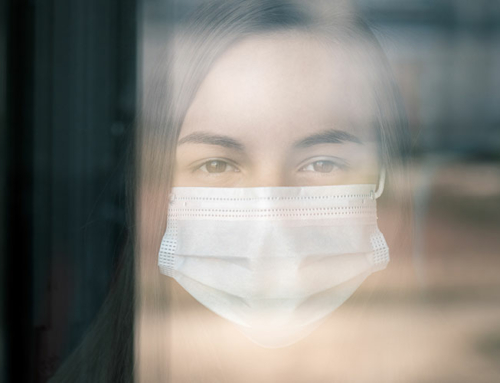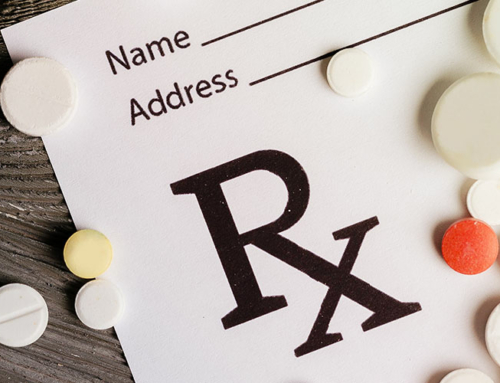Depression in Teens
Depression in teens is a real, serious, and ever-increasing issue. It is a serious mental health problem that can cause teen to lose interest in activities and to battle persistent feelings of sadness and loss. It pervasively affects how they think, feel and behave; resulting in the typical, and temporary, highs and low of teen years morphing into overwhelming and serious cases of teen depression.
To emphasize, depression in teens is not a character flaw, a weakness, or something that can be overcome with willpower. It is a serious condition that can have serious consequences and require long-term treatment.
Symptoms of Depression in Teens
Typical teen years are full of emotional upheaval, hormonal changes, altering social dynamics, and a variety of other growing pains. With all of this, how do you know what your teen has drifting beyond normal emotional challenges and into teen depression?
Below are some of the symptoms of teen depression:
- Depressed or irritable mood lasting two weeks or longer
- Loss of interest in normal activities
- Anger or hostility
- Poor school performance
- Lack of motivation
- Difficulty concentrating
- Changes in eating or sleeping habits
- Fatigue or lack of energy
- Hopelessness
- Feelings of guilt or worthlessness
- Frequent crying
- Restlessness
- Agitation
- Unexplained aches or pains
- Suicidal thoughts

Treatment Options for Depression in Teens
The following are some teen depression treatment options:
- Individual therapy: Talk therapy and/or cognitive behavioral therapy are often good initial treatments for mild to moderate cases of depression.
- Group therapy: Therapy groups can be effective for teens. Through group work, teens connect with other teens that share and understand their struggles and create support networks beyond their immediate families and close friends.
- Medication management: Selective antidepressant medications can be beneficial to adolescents diagnosed with major depressive disorder. As antidepressant medication do come with risks, any teen being treated for major depressive disorder should be carefully evaluated by a physician prior to determine whether or not medication is necessary.
Additional Support for Depression in Teens
Unfortunately, teen depression will not just “go away” on its own. Depression is a serious condition that requires treatment and support from various sources. In addition to professional treatment, there are some steps that you can take at home to help your teen succeed.
- Interaction – Depression can be a cyclical problem that builds upon itself. Depression makes it harder for your teen to connect with their peers, the isolation fuels the depression, and so on. Encouraging your teen to reach out to close friends and engage in comfortable and familiar activities will help stop the cycle.
- Time – The simple of act of making time to talk each day will help your teen reach out, instead of internalizing their feelings, and reconnect.
- Listening – Truly listen (without lecturing)! Depression is not a problem you can just fix for your teen but listening, without judgement, will help. Active listening will provide them the emotional support to continue through the process.
- Exercise – Regular exercise plays a vital role in improving mental health and overall well-being. Exercising with your teen also allows for interaction and time spent in an activity together. New exercises will help engage your teen and make the time fun.
- Sleep – Teens need 9-10 hours of sleep every night. Insufficient sleep can aggravate the symptoms of depression. Encourage appropriate sleep habits and a “wind down” routine that makes it easier for your teen to relax and fall asleep.
Be open and honest with your teen throughout the process; from seeking a diagnosis to making healthy changes at home to seeking professional treatment. Involving your teen in the diagnosis and treatment process will help them take control of their mental health and learn how to prevent or cope with potential relapses.
Emotional upheaval during the teenage years is normal but excessive or crippling depression in teens is not. If you believe that your teen is suffering from depression, then we can help.
Miguel Brown is here to help your teenager identify and overcome stress related issues. To learn more about Teen Depression and how best to work through them, you can Schedule an Appointment online or give us a call at 786-383-0353.




















